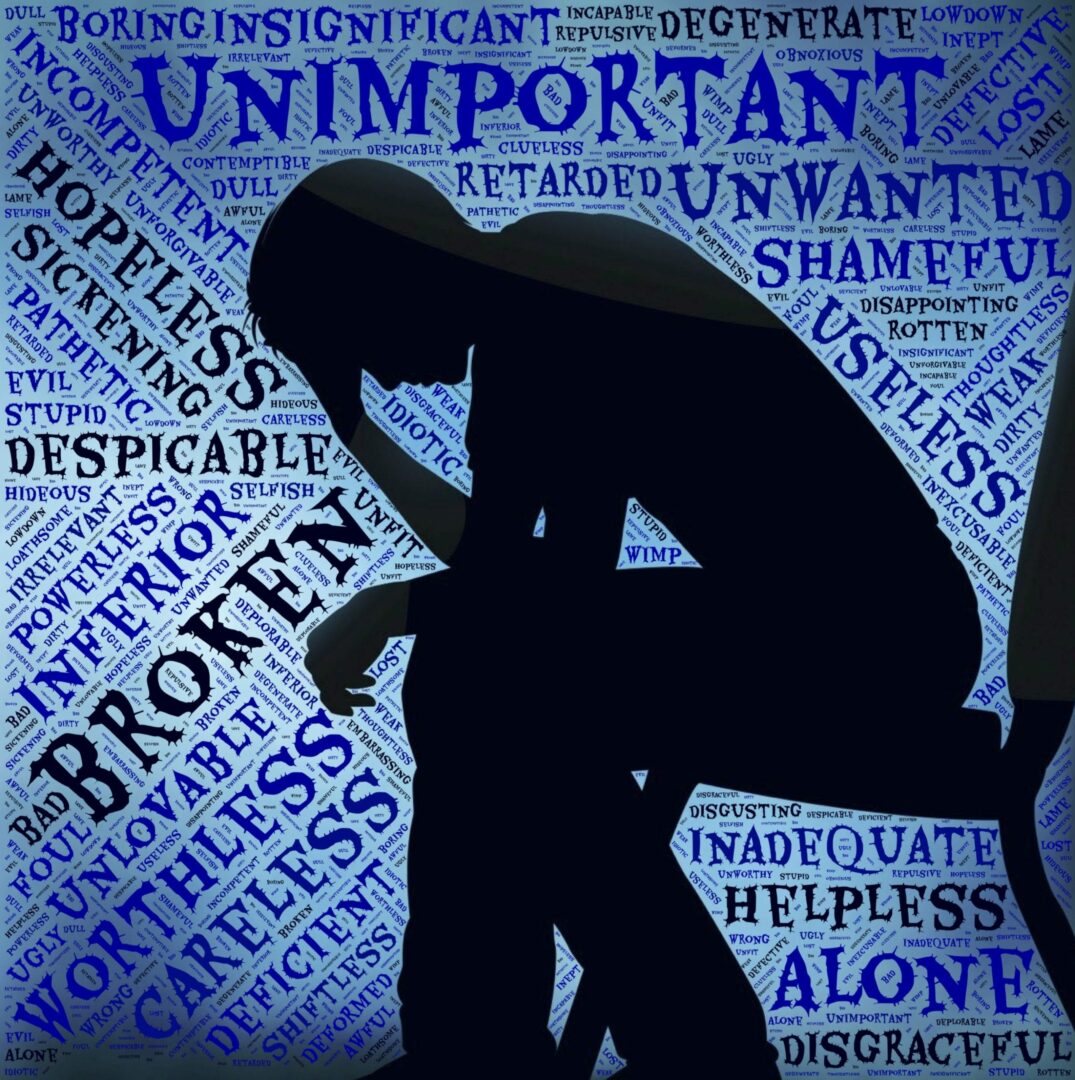DELMAR — Bethlehem Opportunities Unlimited, a local nonprofit that works closely with the Bethlehem Central School District to “promote the health and safety of Bethlehem youth,” hosted its annual ‘Talking with Your Teen’ forum on Thursday, Nov. 2.
Focusing on mental health issues facing today’s youth, speakers talked about the district’s newly restructured counseling program, offered tools, resources and strategies for coping and communicating, offered some sobering statistics and stressed the importance of simply talking about mental health.
“I love that you’re all here,” said Donna Bradbury, associate commissioner for the Division of Integrated Community Services for Children and Families at the New York State Office of Mental Health, to a crowd of around 100 residents in attendance (and 75 others who tuned into the Facebook live feed).

Photo provided by Bethlehem Opportunities Unlimited
“Hosting events like this is important,” she said, explaining that the stigma that tends to surround many mental health issues often prevents at-risk individuals from accessing services that could help them.
“It’s important because of the prevalence of mental illness,” Bradbury continued, explaining that a full 20 percent of youth between the ages of 13 and 18 live with a mental health condition and that youth suicide rates are growing, especially among adolescent girls. It’s the third leading cause of death for those between the ages of 10 and 24, Bradbury said, and a full 90 percent of all youth suicides have some sort of underlying mental illness.
Nationally, according to Bradbury, 50 percent of students over the age of 14 with mental illness drop out of school and 50 percent of all persistent mental health cases have their origin in adolescence.
“It’s critically important we feel comfortable enough to talk about this so that we can get kids help sooner rather than later,” said Bradbury. “The best interventions are most effective when they’re applied early.”
Kristen Connor, BCSD’s K-12 guidance and counseling supervisor, discussed how the district has begun restructuring its counseling program to align with state and national standards outlined by the American School Counselors Association.
At the elementary level, students are taught listening skills and given tools to help them learn to regulate their own behaviors and emotions. In middle school, the guidance curriculum stresses self-care, mindfulness and overall wellness. A character program at the middle school teaches kids to nurture and utilize character strengths, such as kindness and patience.
“It’s working, folks,” said Connor. “The culture in [the middle school] building really supports students becoming more mindful. They’re taking a mindful moment; they’re deep breathing; they’re learning new strategies to help them cope when they’re stressed.”
At the high school level, she said, “It gets more dicey. I can tell you it’s a busy counseling center. There are days when we are constantly in triage mode.”
In addition to mental health and emotional growth support, counselors at the high school also provide college and career counseling, another considerable source of stress for their students. In addition, they are also contending with, now-ubiquitous, smartphones and social media platforms, which have added a whole new, relentless dimension to traditional teen angst.
“The model at the high school has changed,” Connor said. “We now have two ninth grade counselors who will help our ninth graders transition to a large high school.” Those counselors work to help freshmen to identify goals and set up a trajectory, using an online system called Naviance that helps students to align their chosen activities with their overall goals and passions.
“We know that if a student feels more connected to school, they’re more likely to come to school, and do well, and manage their time,” she explained. “And that’s really our goal at the ninth grade level.”
Currently, the high school has five counselors for grades 10-12.
Connor said that the district has also been reaching out to local mental health care providers to collaborate in instances where the family might need more support than the district can provide.
“We wanted to use this year’s TWYT forum as an opportunity to help parents better understand the importance of our teens’ emotional well being,” explained BOU President Cindy Ferrari. “Given the turnout, the amount of questions we received prior to the event, and the number of views the Facebook video has already gotten, it’s clear to me that we touched on a topic that is near and dear to many — the well being of our kids.”
A video of the forum can be found on the Bethlehem Opportunities Unlimited Facebook page.



